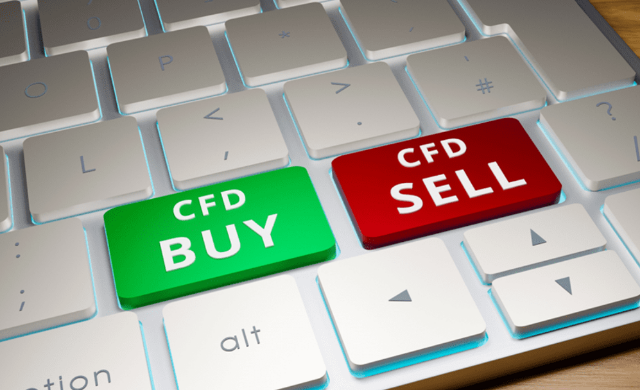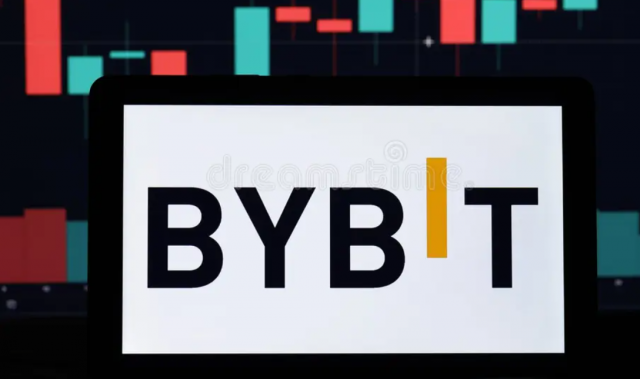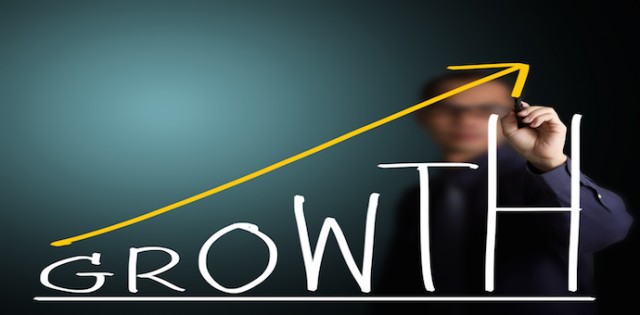Contracts for Difference (CFDs) have become a popular instrument for traders interested in financial markets without owning the underlying assets. Not to mention, they offer exposure to a wide range of trading instruments, including currencies, commodities, indices, and shares. However, navigating them requires a solid understanding of the basics and risks involved.

In 2025, with more advanced trading platforms and more market volatility, traders need to adopt a more thoughtful and informed approach. Xlence experts provide an introductory perspective on CFD trading in this article. Beginner to intermediate participants should not miss out on the information, as they are about to learn how to survive in today’s fast-evolving environment.
What Are CFDs?
A CFD is a derivative product that allows traders to speculate on the price movement of instruments. When trading CFDs, participants do not own the physical asset. Instead, they enter into an agreement with a broker to exchange the difference in the price of an asset from the time the contract is opened to the time it is closed.
This model enables trading on both rising and falling markets, commonly referred to as going “long” or “short.” Although this flexibility can be appealing, it also means traders are exposed to a range of outcomes, which are influenced by leverage, liquidity, market conditions, and their personal strategy.
Key Considerations for Beginners in 2025
The trading industry has seen significant changes in recent years, and no doubt this year also presents a dynamic scene. According to Xlence insights, here are several aspects starters should take into consideration:
Understand Leverage and
Regulations in many regions, including Europe and parts of Asia, now mandate stricter limits on leverage to help reduce unexpected losses. Newbies must take time to find out how leverage functions, especially under changing market volatility.
Keep Up with Regulatory Updates
CFD trading is regulated differently across jurisdictions. In 2025, regional governments continue to refine requirements in terms of transparency, investor protection, and broker obligations. Newcomers should ensure they are using platforms that comply with these new standards and provide clear risk warnings.
Create a Clear Risk Appetite
The most notable feature of the CFD market is its unpredictability. Those with zero experience must prioritize risk control, including setting stop-loss levels, monitoring open positions, and avoiding overexposure to any single market. Rather than focusing only on price movements, Xlence encourages people to think about scenario planning
The Role of Education in CFD Trading
CFD trading is not simply about reacting to charts or following market news. More than that, it requires a foundational understanding of financial systems, economic indicators, technical analysis, and platform tools. Educational resources are essential to forming that foundation.
Therefore, it is a good idea to sign up with a trading platform that also develops itself as a source of practical knowledge. Xlence is such an example. Xlence guides, video tutorials, market updates, and analysis are digestible, current, and application-focused, helping build confidence and clarity for users. Xlence educational resources are increasingly useful, given that misinformation and speculation are widespread on the Internet.
Another emerging trend in trading CFDs is the use of trading simulators and demo accounts, which enable users to apply theories without real capital at stake. Newbies should take advantage of these tools to test strategies, understand order types, and become familiar with interface features before putting real money into it.
To conclude, entering the CFD market is not about trying to anticipate every market move but about being informed and disciplined. For new and intermediate traders, education and preparedness are crucial factors of responsible participation.
By making use of CFD trading education, like that provided by Xlence, people can get the knowledge needed to interpret markets rather than just react to them. With many more things awaiting in the future financial landscape, education first is a wise move, no matter what happens.
RW:
All trading involves risk. It is possible to lose all your capital. You should consider whether you can afford to take the high risk of losing your money.


 Hot Features
Hot Features











